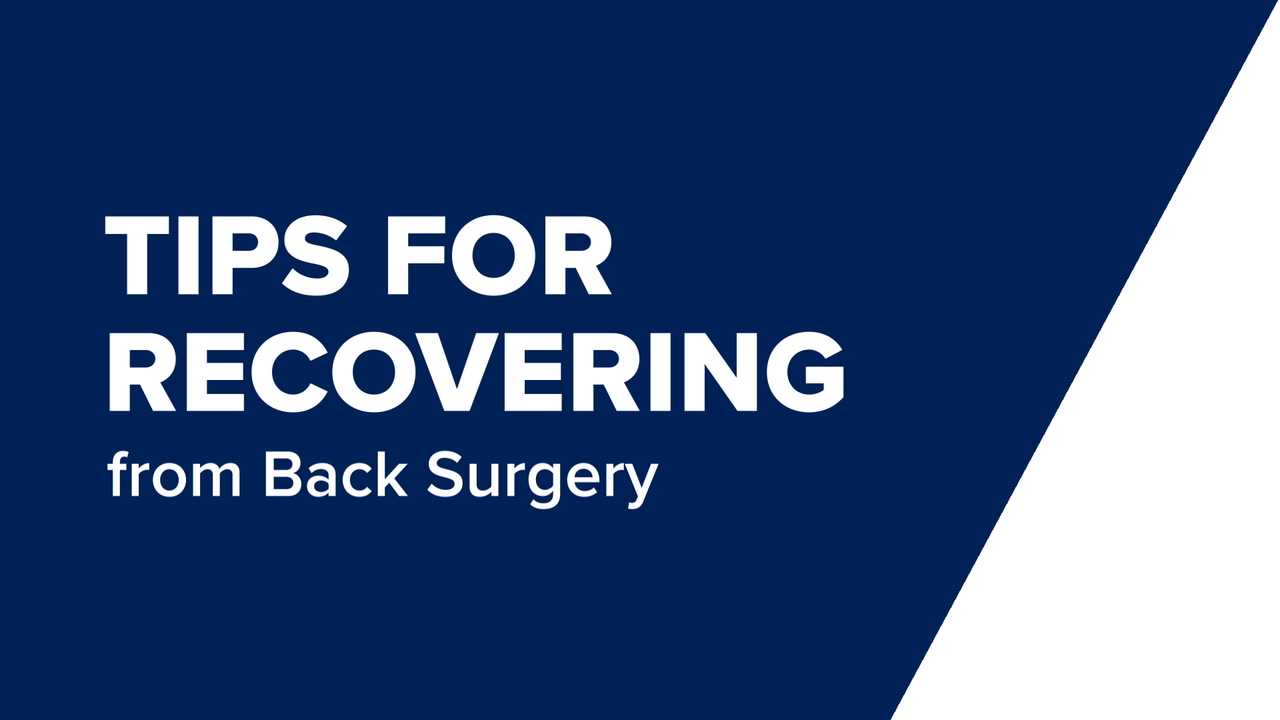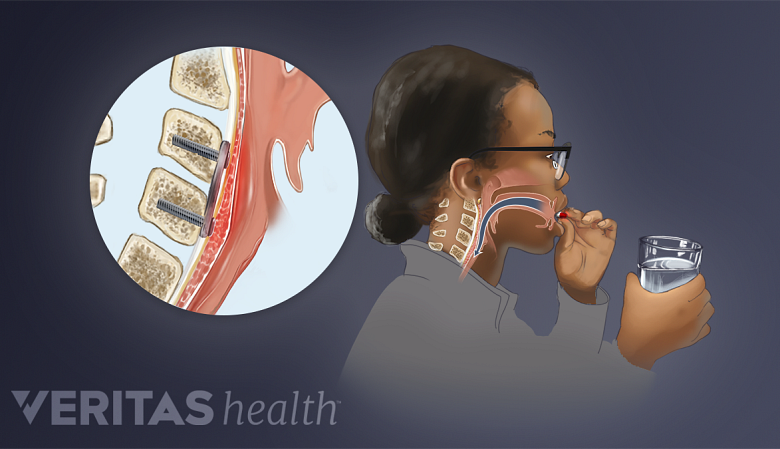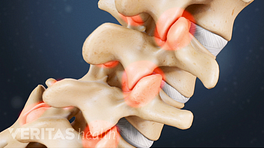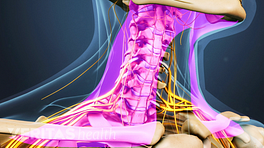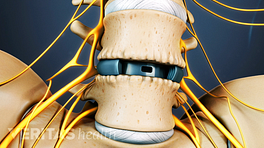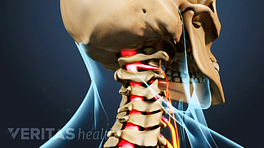The human body was created to heal itself, and supporting the healing process requires eating and/or supplementing with essential nutrients. The right nutrients are especially important after a major health event, such as spine surgery, or any type of damage to the back or neck.
See Food for Thought: Diet and Nutrition for a Healthy Back
Using nutrients to improve recovery and healing is an area of medicine called immunonutrition.
In This Article:
- Immunonutrition: Healing Nutrients for Back Pain and Spine Surgery
- 5 Nutrients to Support Healing from Back Pain and Back Surgery
Role of Nutritional Supplements for Back Pain and Surgery
Swallowing difficulties after neck surgery hinders nutrient intake from a regular diet.
Research suggests use of certain nutritional supplements can help the body heal and recover after spine surgery. 1 As cited in Qureshi R, Rasool M, Puvanesarajah V, Hassanzadeh H. Perioperative Nutritional Optimization in Spine Surgery. Clin Spine Surg. 2018 Apr;31(3):103-107. doi: 10.1097/BSD.0000000000000579. PubMed PMID: 29596212. , 2 Wainwright, T. W., Immins, T., & Middleton, R. G. (2016). Enhanced recovery after surgery (ERAS) and its applicability for major spine surgery. Best Practice & Research Clinical Anaesthesiology, 30(1), 91–102.doi:10.1016/j.bpa.2015.11.001.
See Healthy Habits After Back Surgery
The goal of using immunonutrition after back surgery and other stressful health events is to:
- Minimize the risk of complications, such as infection
- Aid in healing
- Shorten recovery times
People who have significant ongoing back pain, and/or those who have undergone spine surgery, may have unique challenges that may make it difficult to get sufficient nutrients through a healthy diet.
Examples of these nutritional issues include:
- A suppressed appetite, often a side effect of back pain medications
- Significant constipation creating pain and discomfort, a common side effect of medications following spine surgery or for chronic back pain
- The inability to keep foods down due to nausea
- Discomfort swallowing solid foods after neck surgery (typically temporary)
- The desire to lose weight prior to back surgery in order to decrease joint stress or decrease surgical risks 3 Kaidar-Person O, Person B, Szomstein S, et al. Nutritional deficiencies in morbidly obese patients: a new form of malnutrition? Obes Surg. 2008;18:1028–1034. As cited in Qureshi R, Rasool M, Puvanesarajah V, Hassanzadeh H. Perioperative Nutritional Optimization in Spine Surgery. Clin Spine Surg. 2018 Apr;31(3):103-107. doi: 10.1097/BSD.0000000000000579. PubMed PMID: 29596212. ; reducing caloric intake with an unbalanced diet can result in certain nutritional deficits
- Mobility issues related to back pain that decrease a person’s ability to shop for food and cook nutritious meals
Due to the many challenges with getting enough of the right nutrients through diet alone, immunonutrition therapy typically uses supplements, such as:
- Oral supplements, either in pill form or specially manufactured drink formulas
- Liquid supplements that are administered intravenously
Whether supplements are taken orally or given intravenously does not influence their overall effect. 4 Lewis SR, Schofield-Robinson OJ, Alderson P, Smith AF. Enteral versus parenteral nutrition and enteral versus a combination of enteral and parenteral nutrition for adults in the intensive care unit. Cochrane Database Syst Rev. 2018 Jun 8;6:CD012276. doi: 10.1002/14651858.CD012276.pub2. Review. PubMed PMID: 29883514; PubMed Central PMCID: PMC6353207.
- 1 As cited in Qureshi R, Rasool M, Puvanesarajah V, Hassanzadeh H. Perioperative Nutritional Optimization in Spine Surgery. Clin Spine Surg. 2018 Apr;31(3):103-107. doi: 10.1097/BSD.0000000000000579. PubMed PMID: 29596212.
- 2 Wainwright, T. W., Immins, T., & Middleton, R. G. (2016). Enhanced recovery after surgery (ERAS) and its applicability for major spine surgery. Best Practice & Research Clinical Anaesthesiology, 30(1), 91–102.doi:10.1016/j.bpa.2015.11.001.
- 3 Kaidar-Person O, Person B, Szomstein S, et al. Nutritional deficiencies in morbidly obese patients: a new form of malnutrition? Obes Surg. 2008;18:1028–1034. As cited in Qureshi R, Rasool M, Puvanesarajah V, Hassanzadeh H. Perioperative Nutritional Optimization in Spine Surgery. Clin Spine Surg. 2018 Apr;31(3):103-107. doi: 10.1097/BSD.0000000000000579. PubMed PMID: 29596212.
- 4 Lewis SR, Schofield-Robinson OJ, Alderson P, Smith AF. Enteral versus parenteral nutrition and enteral versus a combination of enteral and parenteral nutrition for adults in the intensive care unit. Cochrane Database Syst Rev. 2018 Jun 8;6:CD012276. doi: 10.1002/14651858.CD012276.pub2. Review. PubMed PMID: 29883514; PubMed Central PMCID: PMC6353207.
